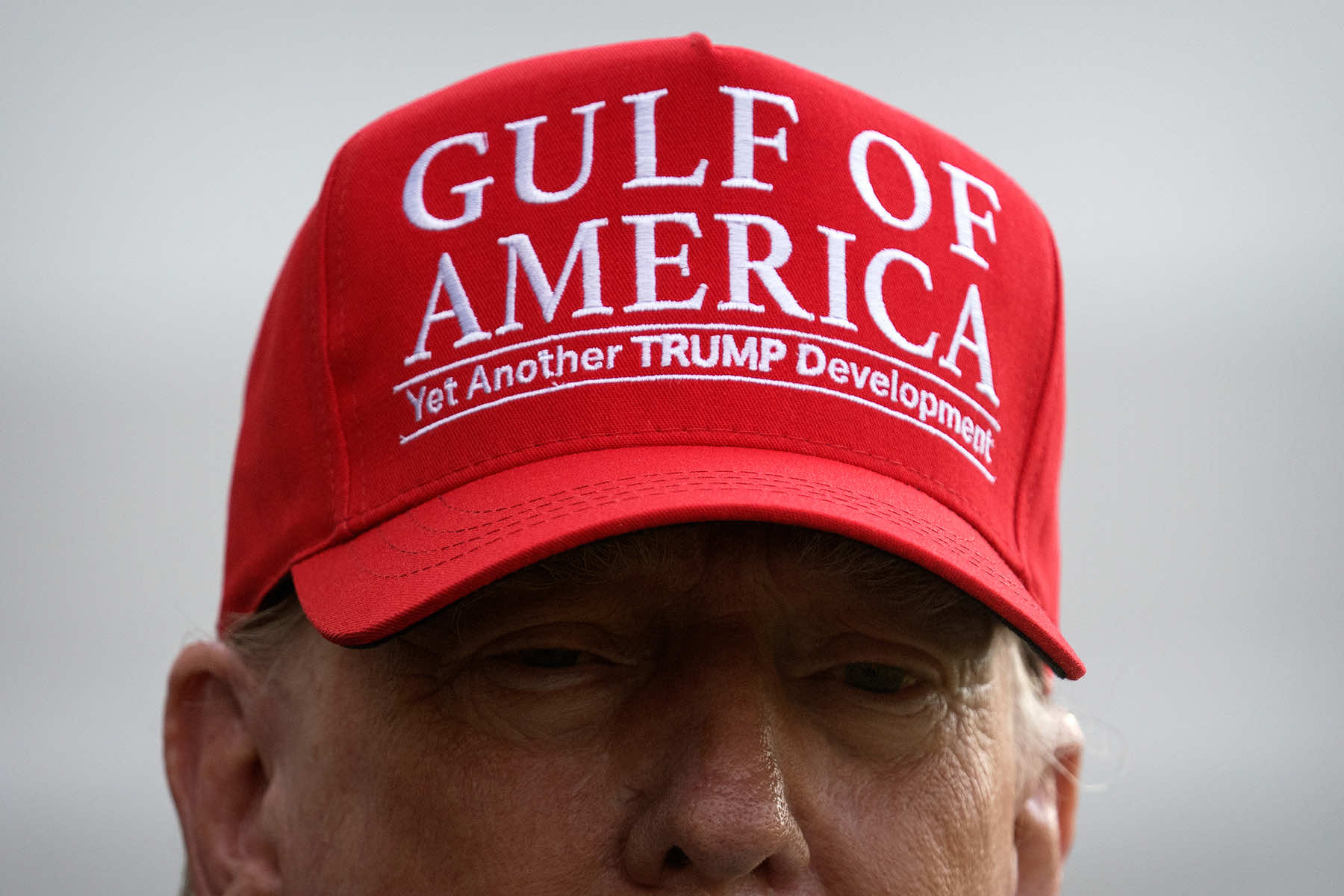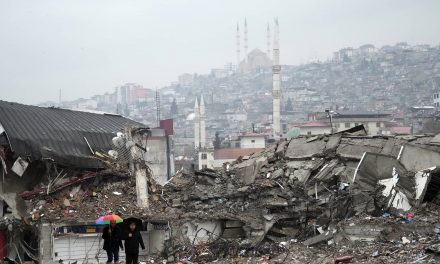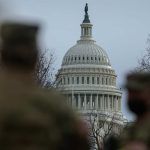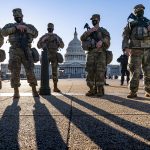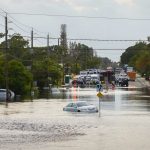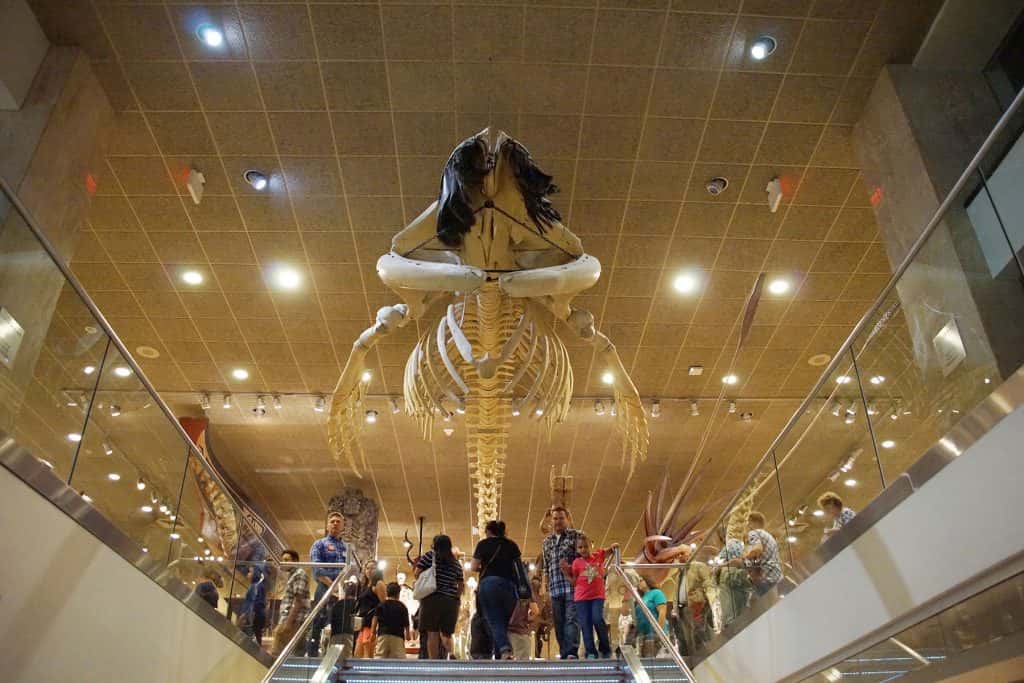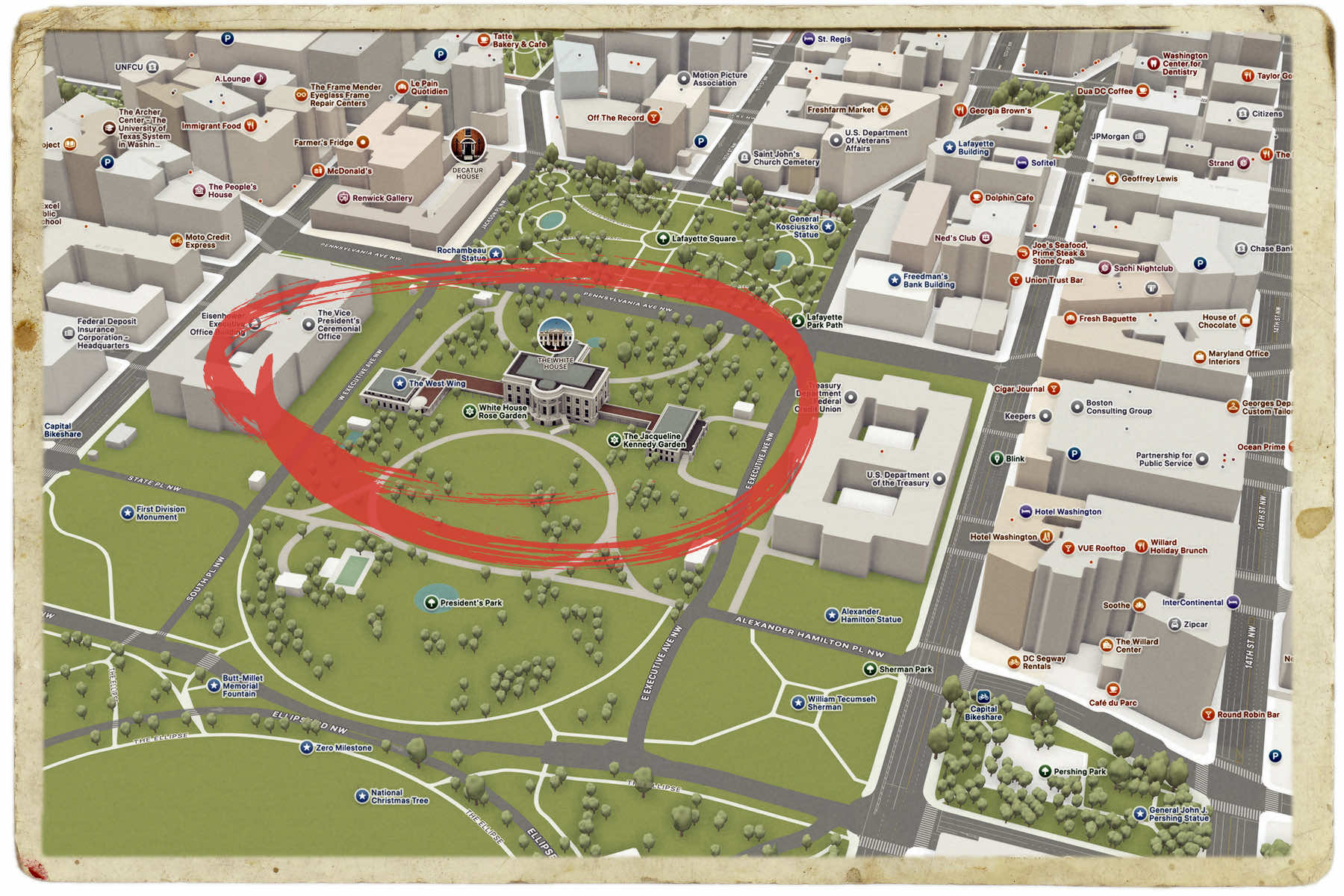
On August 8, 2025, Donald Trump signed a memorandum directing the Department of Justice, Department of Homeland Security, and Department of Defense to “coordinate and reinforce law enforcement presence” in the District of Columbia.
By August 12, armored DHS units and federal police were stationed around federal buildings, and National Guard vehicles were seen patrolling areas near the White House and Capitol Hill.
The directive invoked DC’s status as a federal district, which allows the president to bypass local consent in deploying certain federal resources under the Home Rule Act of 1973 and related statutes, including 10 U.S. Code §§ 331–334.
No public request for assistance had been issued by DC Mayor Muriel Bowser, and no emergency order had been declared by city officials.
The announcement was framed by the Trump regime’s spokespeople as a response to “uncontrolled urban crime.” Citywide data contradicts that false assertion.
According to Metropolitan Police Department crime reports released August 1, 2025, violent crime in Washington DC is down 28% year-to-date compared to the same period in 2023. Homicides have declined by more than 35%, reaching the lowest rate in five years. Robberies and assaults have also dropped, while overall arrests are down.
These trends were confirmed in an August 5 analysis from the Council on Criminal Justice, which found that violent crime is declining in most major cities, including Washington.
The contrast between Trump’s toxic rhetoric and the data is not new. In 2020, during his first term, similar federal deployments occurred in Portland, Oregon, and Washington DC, amid racial justice protests.
Then, as now, critics argued that the presence of federal agents was less about enforcing the law and more about projecting presidential power in symbolic spaces. In this case, the target is not unrest. It is public perception, as a tactic of terror.
By labeling the capital as dangerous despite evidence to the contrary, Trump creates a justification for asserting direct federal control in a city where local political leaders — including the mayor and most councilmembers — oppose his administration’s policies.
This strategy also aligns with Trump’s longstanding pattern of depicting Democratic-led cities as chaotic and lawless, regardless of factual conditions.
While DC becomes a staging ground, Republican-led jurisdictions with objectively higher crime rates remain untouched. Mississippi, Louisiana, Missouri, Alabama, and South Carolina — all under GOP control — rank among the highest in the nation for homicides per capita, according to data from the CDC and FBI.
Jackson, Mississippi, and St. Louis, Missouri, for example, both reported significantly higher per capita murder rates in 2024 than DC, yet neither has received enhanced federal law enforcement resources from the Trump regime in 2025.
Critics argue this inconsistency reveals a political motive behind the deployment: a desire to cast the nation’s capital as a city in crisis under Democratic management, while deflecting from rising violence and systemic failures in Republican regions.
The legal justification for the deployment hinges on the District of Columbia’s unique structure. Because DC is not a state, the president retains emergency authority over its National Guard and can order interagency operations without the cooperation of local elected officials. However, the absence of any declared state of emergency or municipal request makes the current deployment highly unusual.
The deployment also occurs amid mounting evidence of unprecedented self-enrichment by the Trump family.
A recent “New Yorker” investigation by staff writer David D. Kirkpatrick estimated that the family has profited, or stands to profit, by approximately $3.4 billion during Trump’s presidency, citing lucrative deals in cryptocurrency, foreign real estate, luxury aircraft, and political fundraising tied to the presidency.
In addition, watchdog groups including Citizens for Responsibility and Ethics in Washington (CREW) and Accountable.US have documented millions in payments by Trump-connected committees to Trump-owned businesses for fundraising and related services—a pattern ethics experts say may contradict constitutional norms against using public office for private gain.
While not criminal under current campaign finance laws, ethics experts argue that this conduct violates constitutional restrictions on using public office for private gain.
The Emoluments Clause of the Constitution prohibits federal officials from accepting gifts or compensation from foreign governments without congressional approval. In past years, Trump has faced multiple lawsuits related to this clause, particularly concerning foreign dignitaries staying at Trump hotels and events held at his golf properties. While no criminal charges have been filed, multiple lawsuits remain active in federal courts as of August 2025.
Simultaneously, Trump faces renewed scrutiny over his ties to Jeffrey Epstein, a scandal he once weaponized against his political enemies. For years, Trump pushed conspiracy theories alleging that Democratic elites were tied to Epstein’s child sex trafficking network.
He campaigned on promises to expose the full extent of Epstein’s connections, calling for full transparency and the release of sealed court files. But since returning to power, his administration has not only failed to release those records — it has remained silent as efforts to make them public have stalled in federal court.
Critics and allies now accuse Trump of stonewalling because of his own potential exposure. Though no formal charges have been filed against him, Trump’s documented relationship with Epstein — including appearances in flight logs, social calendars, and photographs — is well established.
Several former Epstein associates are now involved in Trump-aligned political action committees. The silence, paired with Trump’s reversal on releasing documents to expose the conspiracy he promoted, has fueled public suspicion that he is more interested in protecting himself.
Some observers have suggested that the deployment of federal agents in DC serves as a trial balloon — not just for distraction, but for normalization. By asserting extraordinary authority in the nation’s capital under a false pretext, Trump is testing the political and legal boundaries of force projection inside the U.S.
Civil rights groups have already raised alarm. On August 9, 2025, the American Civil Liberties Union filed a request for information under the Freedom of Information Act seeking all internal DOJ, DHS, and DOD communications relating to the deployment.
The organization has argued that the operation violates the Posse Comitatus Act if military units are engaged in domestic law enforcement without explicit congressional approval. It is a question that may hinge on the role of specific National Guard components.
The aggressive federal presence contrasts sharply with Trump’s inaction during the most significant real security breach in recent memory: the January 6, 2021, attack on the U.S. Capitol.
That day, Trump refused to mobilize federal forces as a violent mob stormed Congress, assaulted law enforcement, and attempted to disrupt the certification of an election. Congressional hearings in 2022 and 2023 established that Trump resisted multiple requests to authorize the DC National Guard, despite urgent calls from congressional leadership and the Vice President.
That delay on January 6 remains one of the most scrutinized failures in modern presidential history. Trump’s hesitation to deploy forces then, followed by his quick authorization of force now — in the absence of any comparable threat — reinforces the perception that his use of law enforcement is selective, performative, and politically motivated.
The Department of Justice has remained largely silent on the current operation. However, internal staffing decisions have drawn renewed criticism. On August 3, 2025, the White House announced the appointment of Devin Brody, a political operative and far-right media figure, as deputy assistant attorney general for public integrity.
A senior DOJ adviser, Jared Wise, previously came under criminal investigation after bodycam footage surfaced showing him at the January 6 Capitol riot shouting violent slogans, including “Kill ’em! Get ’em!” directed at police officers. Wise, a former FBI agent, was identified in the footage urging rioters to attack law enforcement personnel during the assault on Congress.
Although he was initially indicted, Wise was later pardoned by President Trump, and no conviction followed. His appointment to a senior position at the Department of Justice in 2025 has sparked widespread outrage, with legal scholars and former federal officials calling the decision incompatible with the DOJ’s mission. Civil rights groups argue that elevating someone who called for the killing of police officers undermines public trust and signals a politicized abuse of federal law enforcement authority.
This contradiction, rewarding anti-police rhetoric while deploying forces in the name of public safety, highlights the deeper instability in Trump’s law enforcement doctrine.
Critics point to the erosion of institutional independence, where DOJ roles are filled by loyalists with incendiary histories, and police deployments are framed around spectacle rather than strategy.
Meanwhile, Trump’s public narrative continues to emphasize an image of national collapse. He has repeatedly described “Democrat cities” as lawless and “out of control,” despite mounting evidence that violent crime is down across urban areas nationally.
Ethics experts warn that the absence of any coherent criteria for federal police deployments signals a broader risk: the erosion of civilian control mechanisms and the normalization of selective intervention based on political schemes rather than public need.
The August 8 memorandum also raises constitutional questions beyond Posse Comitatus. Section 3 of the Fourteenth Amendment prohibits anyone who has engaged in insurrection against the United States from holding public office.
While Trump successfully evaded criminal charges for his involvement in the January 6 insurrection, multiple lawsuits challenged his eligibility to hold office under that provision. Legal analysts argue that any federal deployments under his order must be viewed in the context of these unresolved constitutional disputes.
For now, the streets of DC remain under a cloud of uncertainty. There is no visible threat — no looting, no riots, no armed standoff. The only urgency comes from a corrupt regime itself, which insists there is a crisis — and has sent troops to prove it by instigating one.
Whether this will escalate into a broader national program remains to be seen. But the precedent has been set. A convicted felon who became president deployed federal agents to a city that did not request them, to confront a problem that data shows is shrinking, under the banner of order — and the shadow of his own legal and ethical entanglements.
© Photo
Apple Maps and Mark Schiefelbein (AP)

